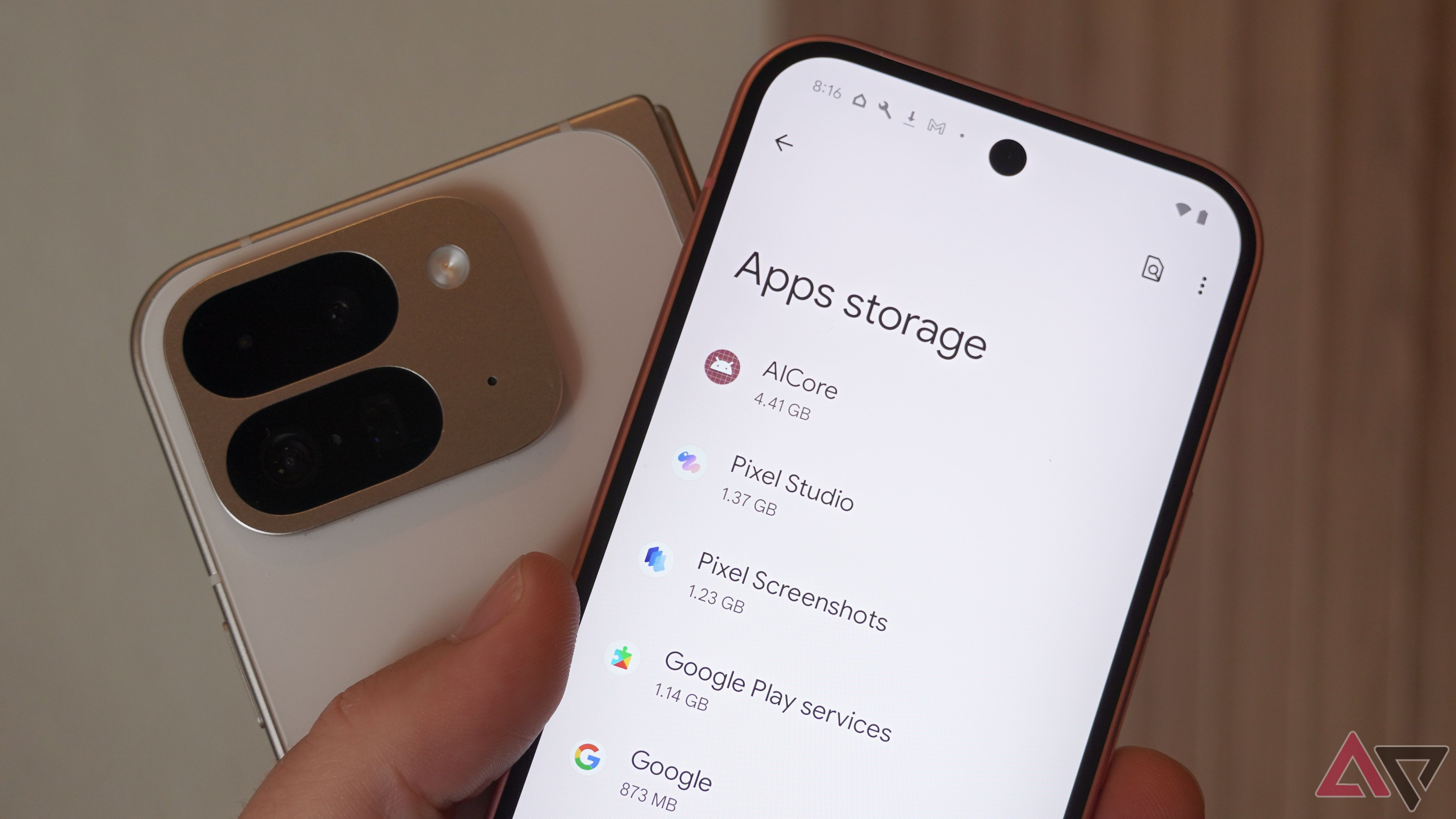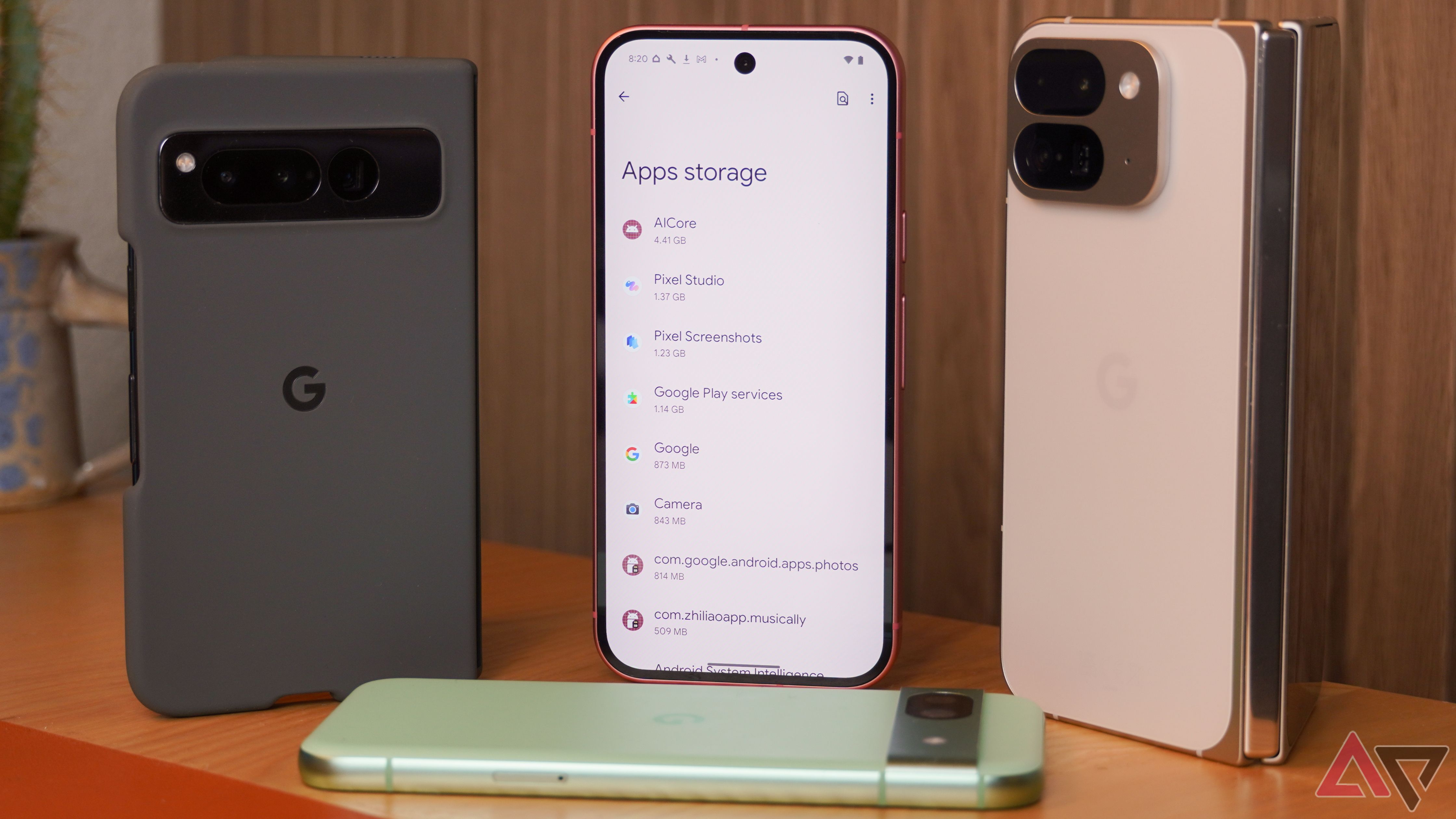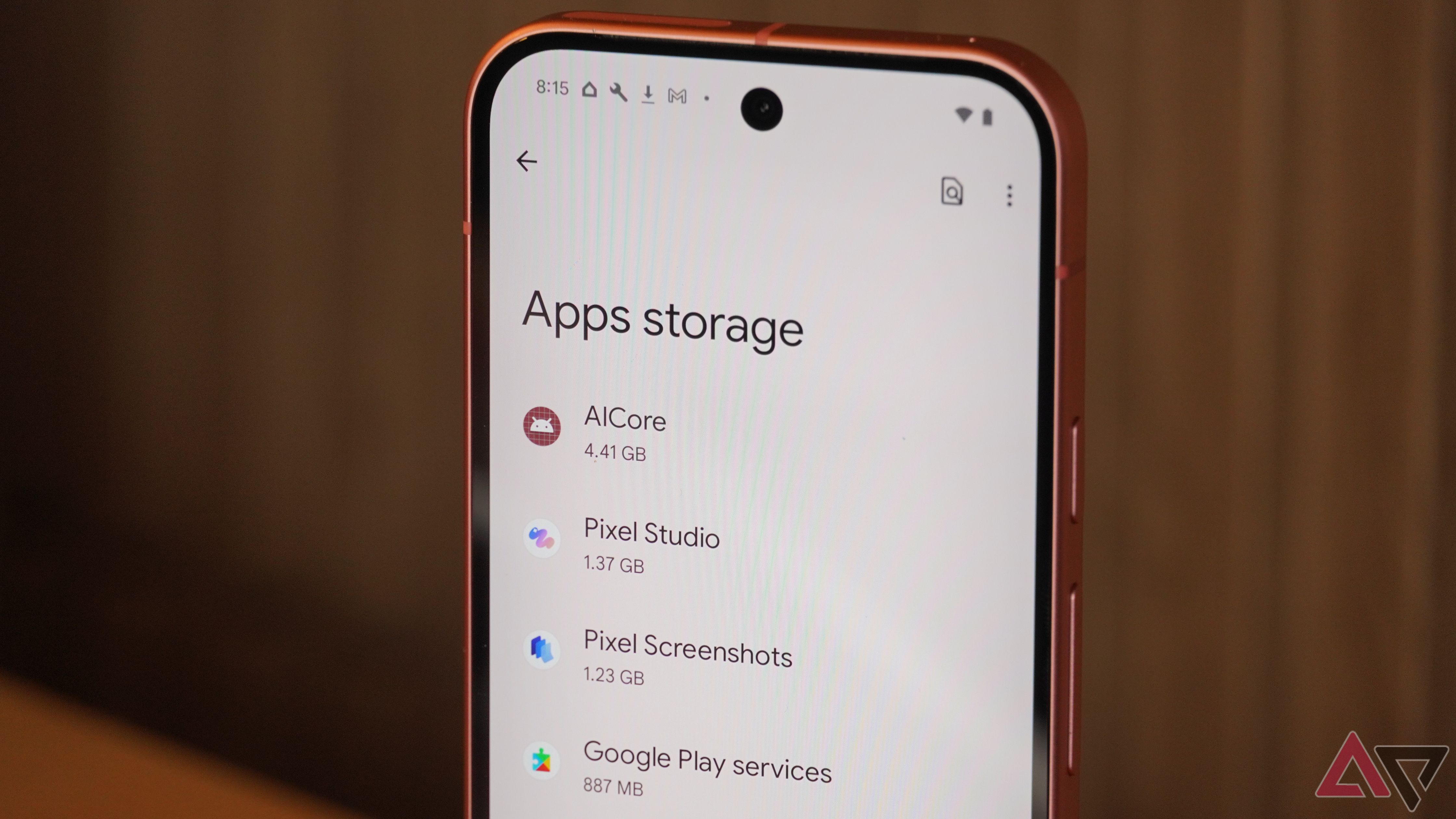Google launched its AI smartphone in the Pixel 8 series a year ago. Now, the mobile industry is following Google’s lead. The recent Samsung Galaxy Z Fold 6 was marketed as an “AI Cell Phone” on Amazon’s official listing, and Apple said the new iPhone 16 is “built for Apple Intelligence.” The Google Pixel 9 series takes this to the next level with features like Add Me, Pixel Studio, and Reimagine.
There is one problem. Google is not giving its phones enough memory and storage for AI functions. The amount of RAM in a device is related to how well it performs the AI functions of the device. However, the AI features of the Pixel 9 series eat up your phone’s storage space, now and in the future. With the Pixel 9, 9 Pro, and 9 Pro XL starting at 128GB of storage, we’re concerned it won’t be enough for the new wave of AI phones.
All the ways Android uses your storage
128GB is not really 128GB, and AI makes this problem worse
The standard Google Pixel 9 series comes with 128GB of storage space as standard. For $1,800, the new Pixel 9 Pro Fold includes 256GB. However, that is not the amount of space that can be used by the customer. Usable storage space is slightly less than 128GB. In addition, the Android 14 operating system takes up a lot of space. Go Settling > Storage > The system to see the amount of your phone’s storage and OS usage.
I’ve been using the Pixel 9 and Pixel 9 Pro Fold for a few weeks, and a good amount of storage space has been used. The system storage allocation accounts for 14GB of my Pixel 9’s used space. Meanwhile, the system uses 15GB of space on my Pixel 9 Pro Fold. That number increases when you install software updates and collect necessary system files.
There are other ways your phone storage can fill up. Photos and videos can take up a lot of space, especially if you’re copying your library from an old phone to a new one. Apps take up space and eat up a lot of storage as they create documents, data, and cache Music, movies, and games also contribute to wasting storage space in the long run.
If you’ve had a smartphone for a while or have owned an MP3 player or computer, you probably know this. The best way to find out how much storage you need is to see how much you’ve used on your Android flagship. However, the advent of “AI phones” is changing the equation. It sets buyers up for failure.
How Google AI used my Pixel 9 storage
Trust me, it only gets worse from here on out
Conventional methods of figuring out how much storage a user needs are thrown out the window by smartphone AI. In the past, you considered the size of your media library, how many songs you store, or how many apps you use. In modern Pixel phones, the wild card is the amount of storage space used by AI models, features, and services. Unpredictable. The only thing you can predict is that they will need more storage space over time.
We talked about how the Pixel 9 is the leader in bloatware, which has a huge impact on storage. Even worse, the AI features that boost your savings are not calculated for system usage. Instead, they show it as their own entity Apps destruction.
Most of the system-level AI features on Pixel devices fall into AICore, which is the app that handles the device’s AI process. It’s kind of an all-in-one system that accesses and updates the Gemini Nano, for example. After a few weeks of owning the Google Pixel 9 and filling it with apps and other essentials, none of them are responsible for eating up the maximum amount of storage. AICore consumed almost 5GB of the 128GB capacity of my device.
A closer look shows that most of that contains user data as the app is 26MB. In other words, AICore only takes more storage when I continue to use the Pixel 9. Win the App Storage list? Pixel Studio and Pixel Screenshots, which are also AI programs. Google promises seven years of software support for the Pixel 9. I can only imagine (or fear) how the Google AI device will consume 128GB of storage during that time.
Please, Google, give us more space
I know software is your thing, but great software needs great hardware
Google has some self-awareness in how it markets the Pixels as AI devices. That’s why newbies are locked into free access to Gemini Advanced for a year. To get the best Pixel experience, you need Gemini Advanced, so Google is giving it to Pixel 9 buyers.
I’d love to see Google apply this same concept to device storage. In order for the Pixel 9 series to hold up over time as AI smartphones, they will need more memory and storage. Google added memory to the Pixel 9 this year, but it should do the same with storage. Pixels should start with 256GB of base storage because space is essential for phones to run AI features in the coming years.
#Google #fill #phones #give #Pixels #storage


